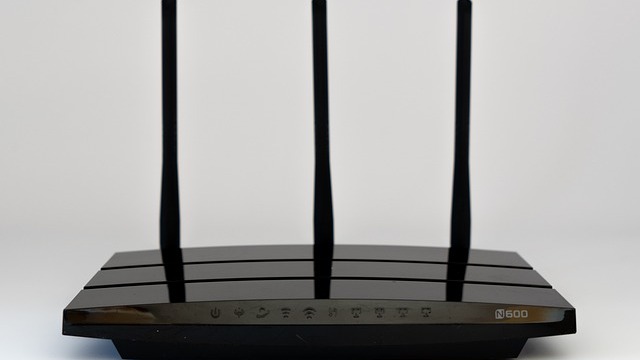
Why Can't I Get 5G Home Internet?
If you're enjoying 5G connectivity on your smartphone at home, it can be frustrating to find out that you can't access the same technology for your home internet. Many homeowners and renters assume that if they can receive powerful 5G signals on their mobile devices, they should also be able to access the internet through the same network. Unfortunately, that's not always the case.
Understanding 5G Technology
First, let’s demystify what 5G actually is. 5G, or fifth generation, represents the latest evolution in wireless data networks, utilizing advanced technology that promises faster speeds and more reliable internet connections. It's essential to note that there are different types of 5G: millimeter-wave, midband, and low-band, each with varying levels of speed and coverage range.
Geographic Limitations: Why 5G Differs for Home Internet
The crux of the issue lies in the geographical limitations imposed by internet service providers (ISPs). Just because 5G is available for your mobile phone doesn’t mean the same frequency reaches your home. Factors like distance from cellular towers, building structures, and ISP infrastructure can create gaps in coverage. For instance, when I transitioned from AT&T to T-Mobile, I discovered that while T-Mobile provided great 5G reception on my phone, my home address didn’t qualify for their 5G home internet service. This disconnect can leave many users confused and frustrated.
What You Should Know About 5G Home Internet Providers
Major players in the telecom industry, such as AT&T, T-Mobile, and Verizon, are actively expanding their 5G home internet services. However, coverage maps and service availability can change. Checking with your local provider is crucial to understanding your options. Many companies are making strides to increase their reach but often shift service availability based on market demand and infrastructure investments.
Future of 5G Home Internet
As we look ahead, the promise of enhanced 5G home internet service is on the horizon. The investment in infrastructure and advancements in technology are likely to close the gap in availability soon. If you’re contemplating 5G for your home, it may be beneficial to stay informed regarding the ongoing deployment of services in your area. Keeping abreast of updates from ISPs may empower you to make informed decisions about your internet service provider.
Challenges Ahead: What You Need to Consider
While the allure of 5G may be compelling, there are challenges that need to be taken into account before fully immersing yourself in this new technology. For one, you may need special equipment, such as a compatible router. Additionally, pricing and data limits can vary significantly among providers. Understanding these aspects ensures that you’re not just swayed by the appeal of fast internet but are also evaluating what works best for your household.
Local Insights: How to Potentially Improve Your Home Internet Situation
If you’re eager to maximize your internet experience, consider exploring alternative solutions. In the meantime, obtaining a traditional broadband connection might be a more reliable option for many households. Or, if your area is constrained by limited service, advocating for better infrastructure development could serve you and your neighbors in the long term.
In conclusion, being in the loop about new technology is essential for homeowners and renters who are searching for high-speed internet options. Even if you’re experiencing stellar 5G service on your phone, that doesn't guarantee you'll have the same for your home. Staying informed about available options can significantly enhance your overall internet experience.
 Add Row
Add Row  Add
Add 




Write A Comment